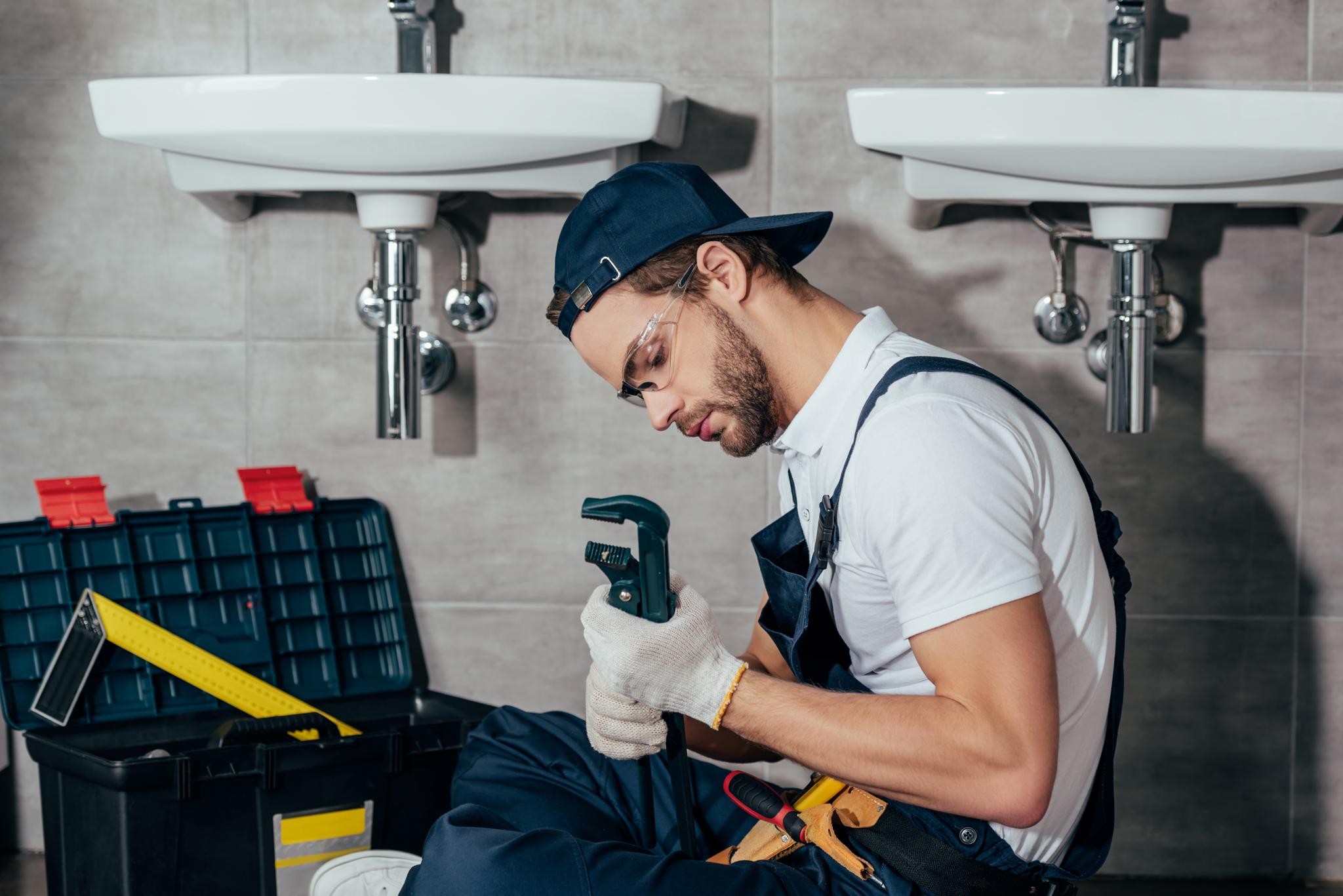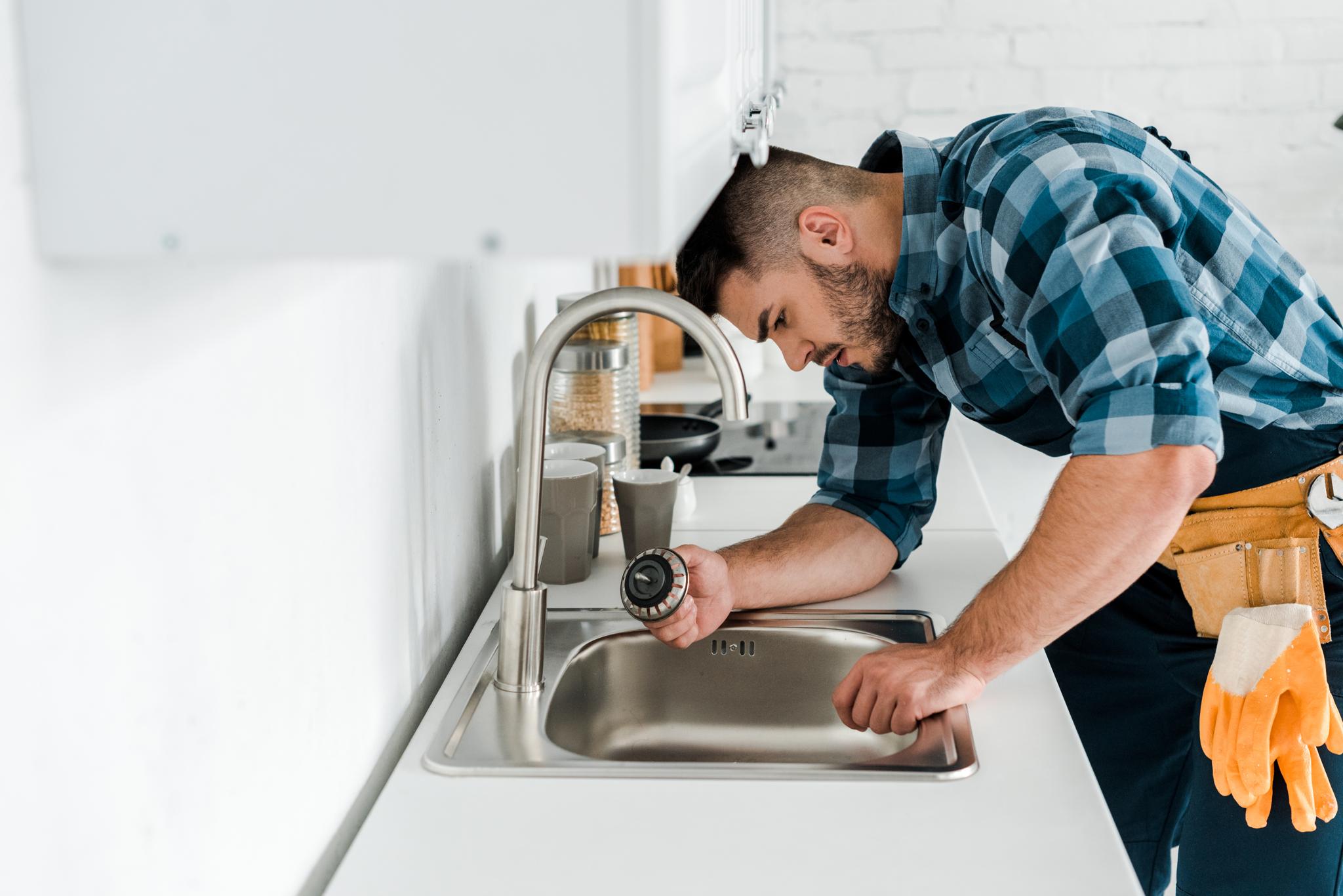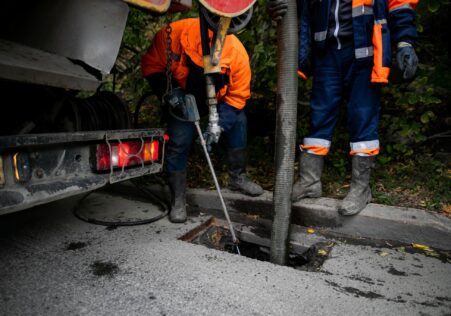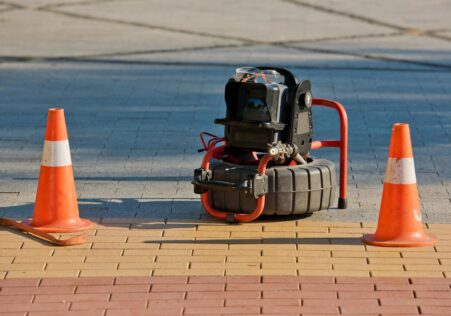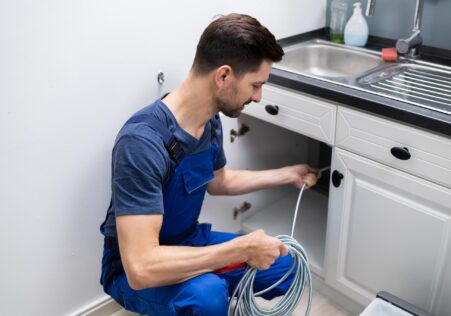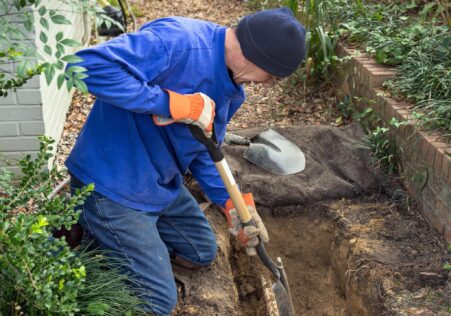How to Keep Your Drains Clean and Prevent Future Blockages
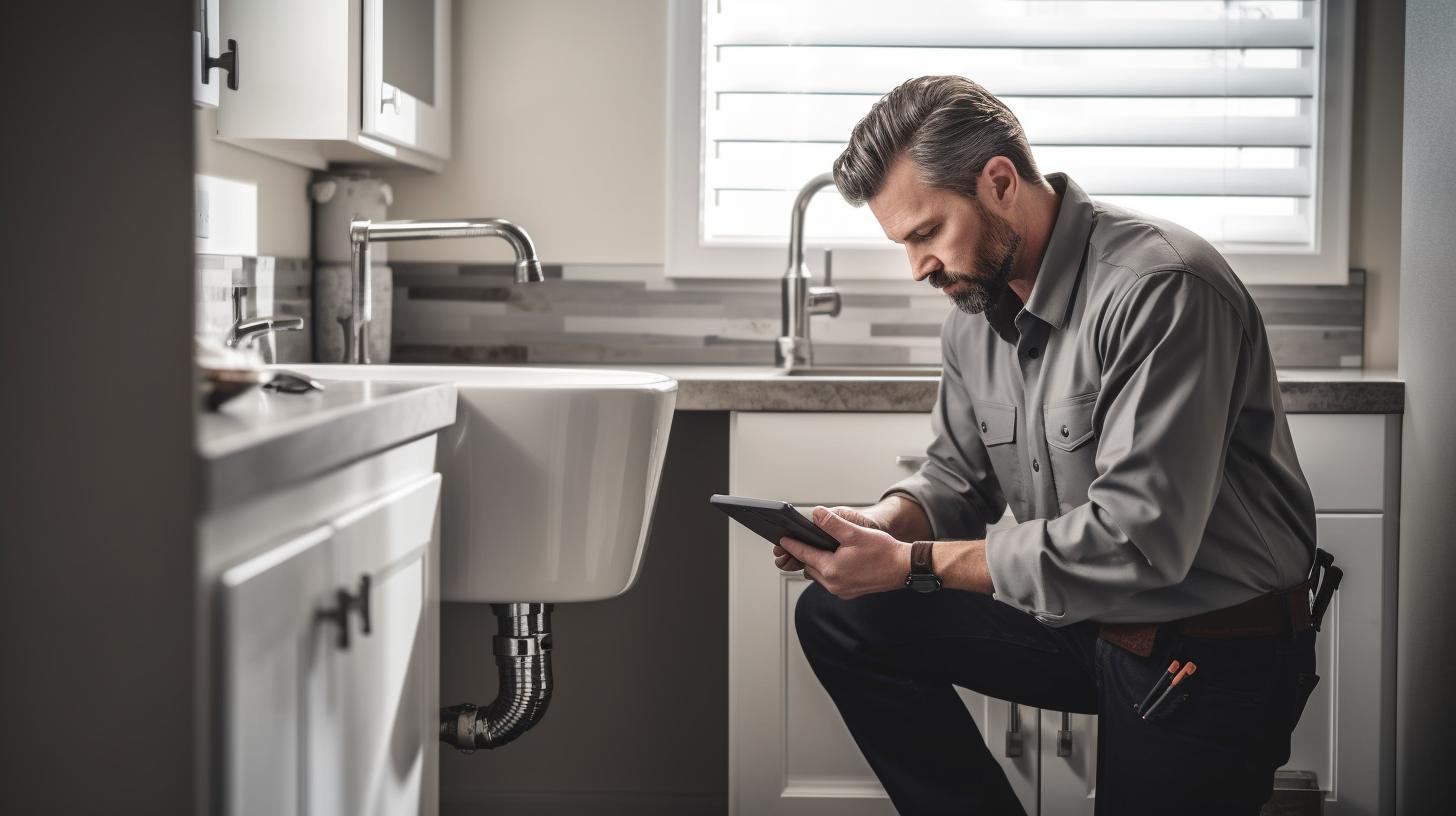
Are you tired of dealing with clogged drains in your home or office? Are you interested in learning how to prevent blockages from occurring and maintain the cleanliness of your drains? This article we’ll discuss some tips and tricks to ensure good drainage. We will also outline the importance of hiring experts like Sydney Blocked Drain Plumbing for the job.
Key Takeaways
- Common causes of drain blockages include soap scum and hair accumulation, food waste stuck to grease buildup, toiletries being flushed through the toilets, like baby wipes, feminine hygiene products, dental floss or cotton swabs and the growth of tree roots into pipes outside the house.
- Utilize a strainer or hair catcher above the drain’s opening to keep hair or food waste from leaking down the drain.
- Make sure to properly dispose kitchen garbage by scraping food scraps into the compost bin or trash bag, rather than washing them in the drain.
- Perform regular maintenance cleaning by pouring boiling water slowly through your shower, sink or tub drains, at least once a week when they’re relatively clean.
- Use equal parts baking soda and vinegar. Then put it in the drain opening for a natural way of de-greasing deposits that form on the sewer pipe walls which result in obstructions. Take 30 minutes to wait, then pour hot water into the drain.
- Call Sydney Blocked Drain Plumbing for help with regular maintenance of the sewer systems, septic tanks or pipes outside the house to ensure they are working correctly and efficiently.
- Avoid using chemical drain cleaners since they could damage your pipes over time and affect the environment.
- Avoid flushing non-decomposable items like cotton swabs and paper towels and dental floss as well as feminine hygiene products into the toilet, as this can cause expensive repairs to sewers as well as septic tanks.
- Pay attention to abnormal smells coming from drains. Pay attention to low drainage, gurgling sounds or any other unusual behavior that could be a sign of a blocked drain that needs to be addressed immediately.
Common Reasons for Drain Blockages
Before we go into the dos and don’ts, it’s essential to understand what triggers drain blockages at the beginning. Here are some of the most common causes:
- Scum and hair build-up in bathroom drains
- Food waste that is stuck in grease and buildup in kitchen drains
- Toiletries flushed down the drain such as baby wipes, female hygiene items, floss for teeth, or cotton swabs
- Tree roots becoming pipes outside of the house
These factors can cause serious damage in the long run if not taken care of. However, there are ways to address each one and keep your drains running smoothly.
Dos
1. Use a strainer or hair catcher
A hair catcher or strainer is a perfect fit over your drain and stops hair or food waste from leaking down the drain. Be sure to clean them regularly.
2. Correctly dispose of the kitchen waste
Scrape food scraps into a compost bin or trash bag, rather than flushing them in the drain. Rinse dishes with hot water while washing dishes.
3. Do regularly scheduled maintenance cleaning
Once a week pour boiling water slowly into your sink, shower or tub drain openings when they’re relatively clear will prevent material accumulation from blocking the drain altogether.
4. Use baking soda and vinegar.
Mix equal amounts of vinegar and baking soda (usually half cups each) and slowly pour it into the drain opening to create a natural way of de-greasing buildup forming on the pipe’s walls that create obstructions. It will take 30 minutes before you pour hot water into the drain.
5. Speak to a specialist
Find a reputable plumber like Sydney Blocked Drain Plumbing to perform regular maintenance on septic tanks, sewer pipes or other pipes outside the home to be sure they’re working correctly and effectively.
Don’ts
1. Don’t use chemical drain cleaners
Chemical drain cleaners may cause damage to pipes over time. They even harm the environment. They can also pose a risk when combined with other products for cleaning.
2. Don’t flush any non-decomposable materials in the toilet.
Do not flush non-decomposable materials into your toilet such as cotton swabs, paper towels and dental floss as well as feminine hygiene products because they will not dissolve naturally, and could instead cause costly repairs in sewers or the septic tanks.
3. Don’t ignore warning signs
If you observe unusual smells emanating from drains, an infrequent drainage, sounds of gurgling or other unusual activities may indicate an obstruction in the drain that requires immediate attention.
| Do’s | Don’ts |
|---|---|
| Use a strainer or hair catcher | Use chemical drain cleaners |
| Properly dispose of kitchen waste | Flush non-decomposable items down the toilet |
| Perform regular maintenance cleaning | Ignore warning signs |
| Use baking soda and vinegar | |
| Call a professional like Sydney Blocked Drain Plumbing for help |
Frequently Asked Question
How often should I clean my drains?
It is recommended that you clear your drains each six months to a year. If you observe slow drainage or smelly odors emanating through your pipe, it’s best to take action as soon as you can.
What are some DIY methods to clean my drains?
There are several alternatives to try at home including pouring boiling water down the drain, making use of vinegar and baking soda or using the plunger. But be aware of the substances and materials you dump down your drain and avoid items that could cause harm or damage to the plumbing system.
How can I avoid future blockages of my drains?
Yes, regular cleaning of the plumbing could aid in preventing future blockages. Avoid flushing foreign objects down the toilet, regularly wash hair from shower drains, and use the sink strainer to collect food scraps before they go down the drain.
When should I contact a professional plumber?
If you’ve tried DIY techniques but are still experiencing slow-moving or blocked drains, it’s recommended to call an expert plumber for an additional assessment because there could be issues underlying that need to be addressed.
My drains are always clogged Could this be the sign of a larger issue?
The frequent clogging of drains could indicate more significant problems such as tree roots that are infiltrating your pipes, or collapsed pipes in the plumbing system. In such cases it is recommended to call an experienced plumber such as Sydney Blocked Drain Plumbing who can assess the problem and suggest the best way to proceed.
In conclusion, maintaining clean drains is essential to any home or office. Use these guidelines immediately to prevent blockages from occurring and ensure that your drains are flowing freely. Remember that professional help is only a call at a moment’s. For more details on our plumbing services such as unblocking blocked drains CCTV drain inspection pipe relining and general plumbing maintenance, call Sydney Blocked Drain Plumbing at # ###-###-#### or visit our website for more information. [(click here)] (https: //www. example.com/)
Additional Information
- The Professional's Guide to Clearing Blocked Drains in Your Home
- Why Pipe Relining is a Cost-Effective Solution for your Business’ Plumbing Issues?
- What Happens During the Pipe Relining Process?
- End Clogged Pipes Now: Professional Tips to Try Immediately
- The Benefits of CCTV Drain Inspection: Beyond Unclogging Pipes
- The Environmentally-friendly Advantages of Sewer Relining
- Tips to Understand When it's Time to Pick Up the Phone for Professional Drain Cleaning
- Welcome to clear drains with these powerful remedies
- Preserve Your Pipes with Prompt Relining: How to Determine When
- Keeping Costly Drain Repairs at Bay with Routine Inspections


